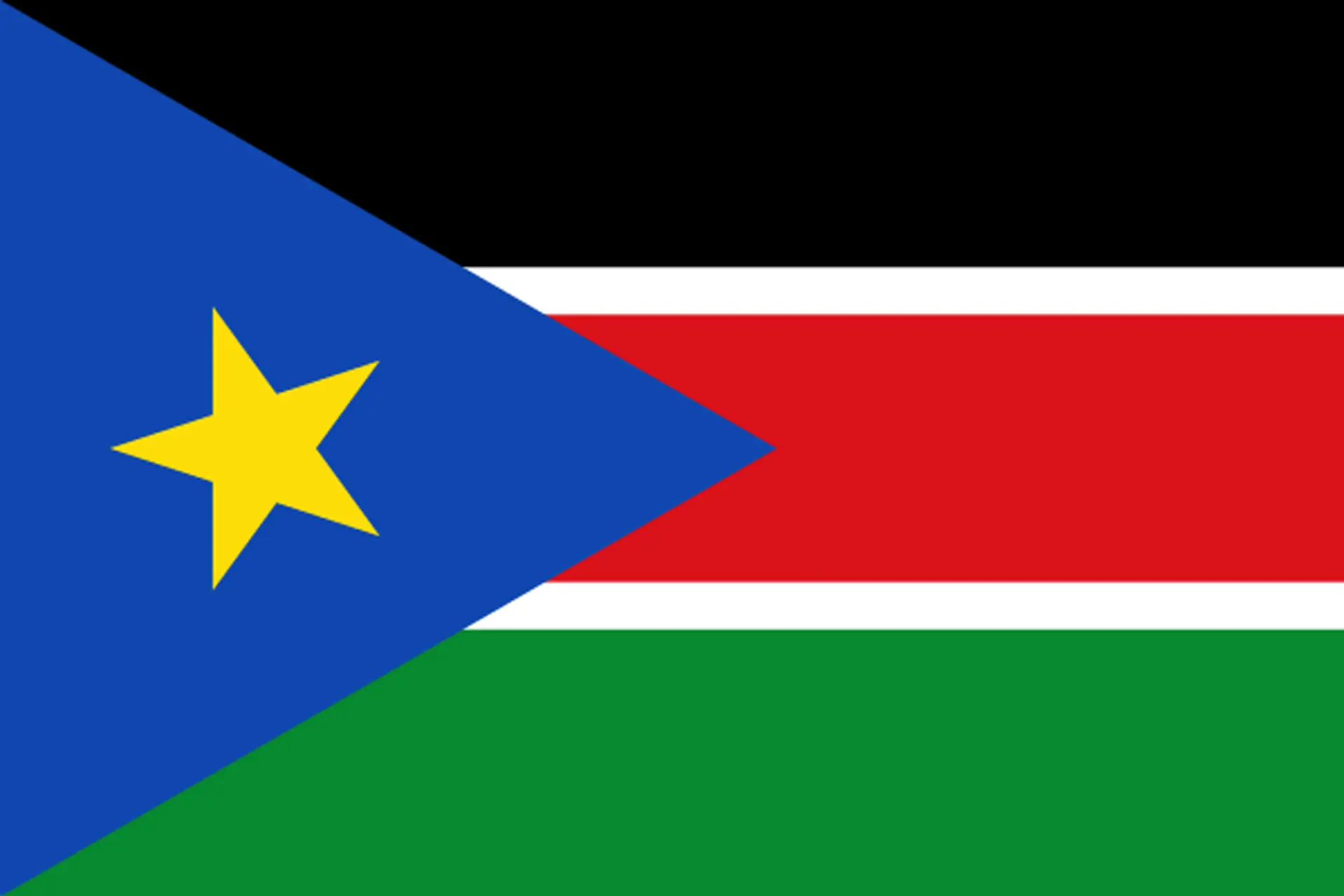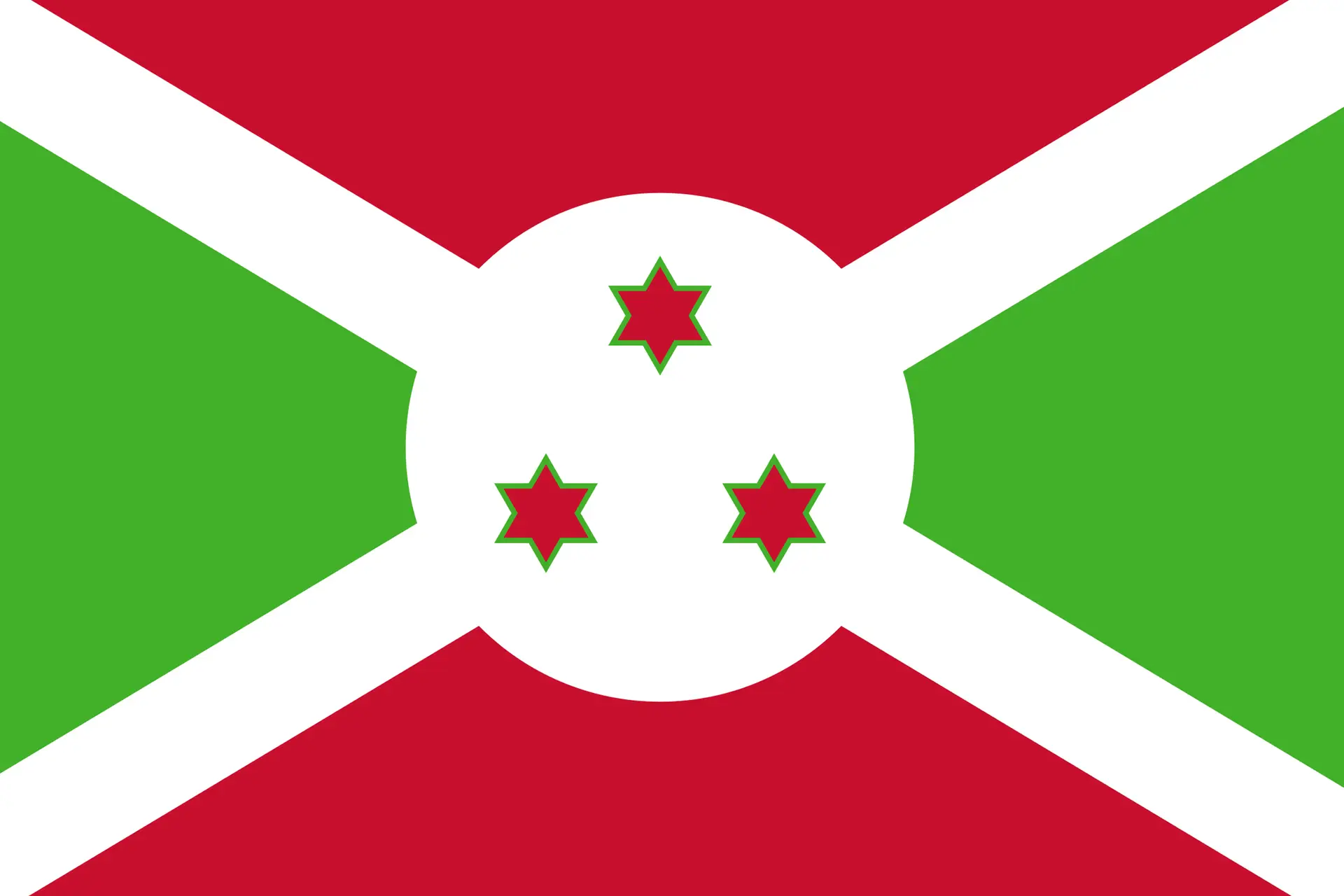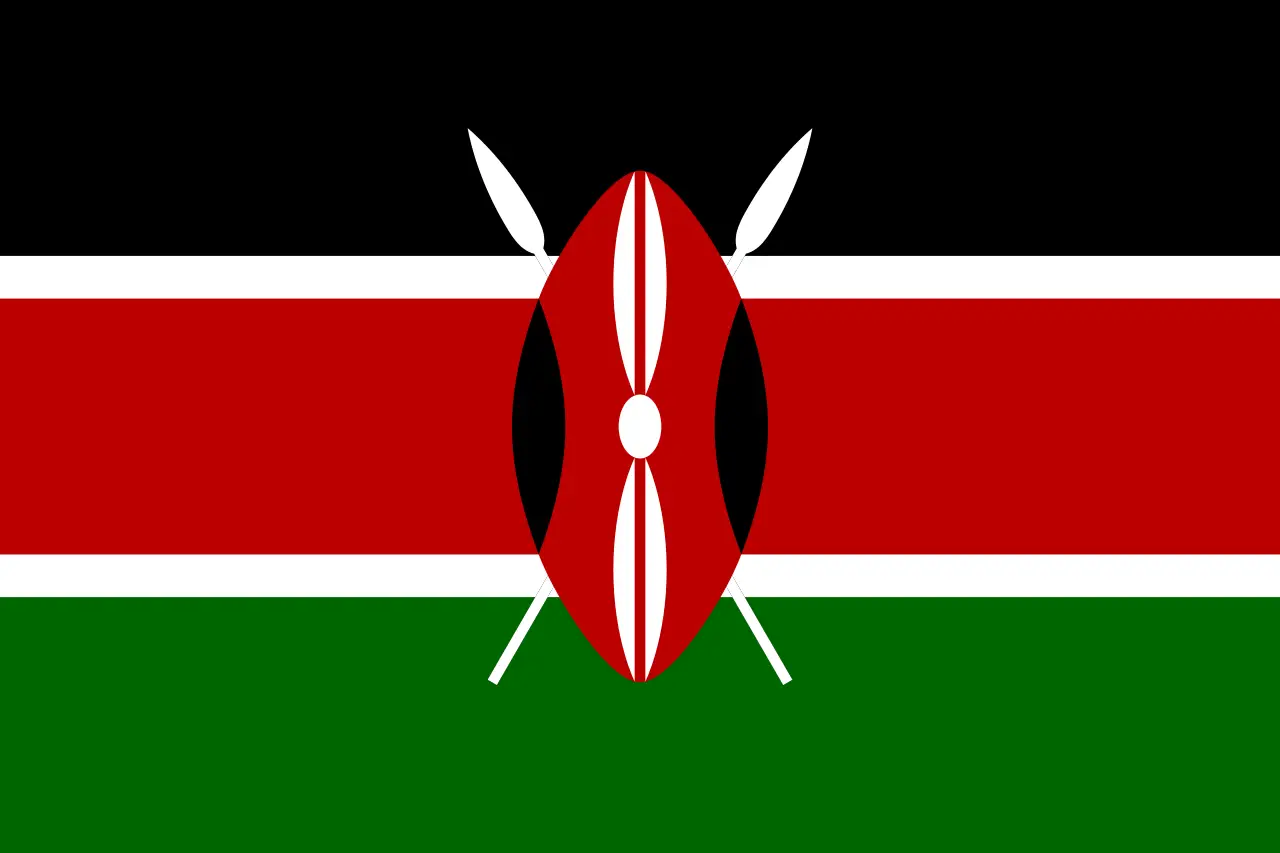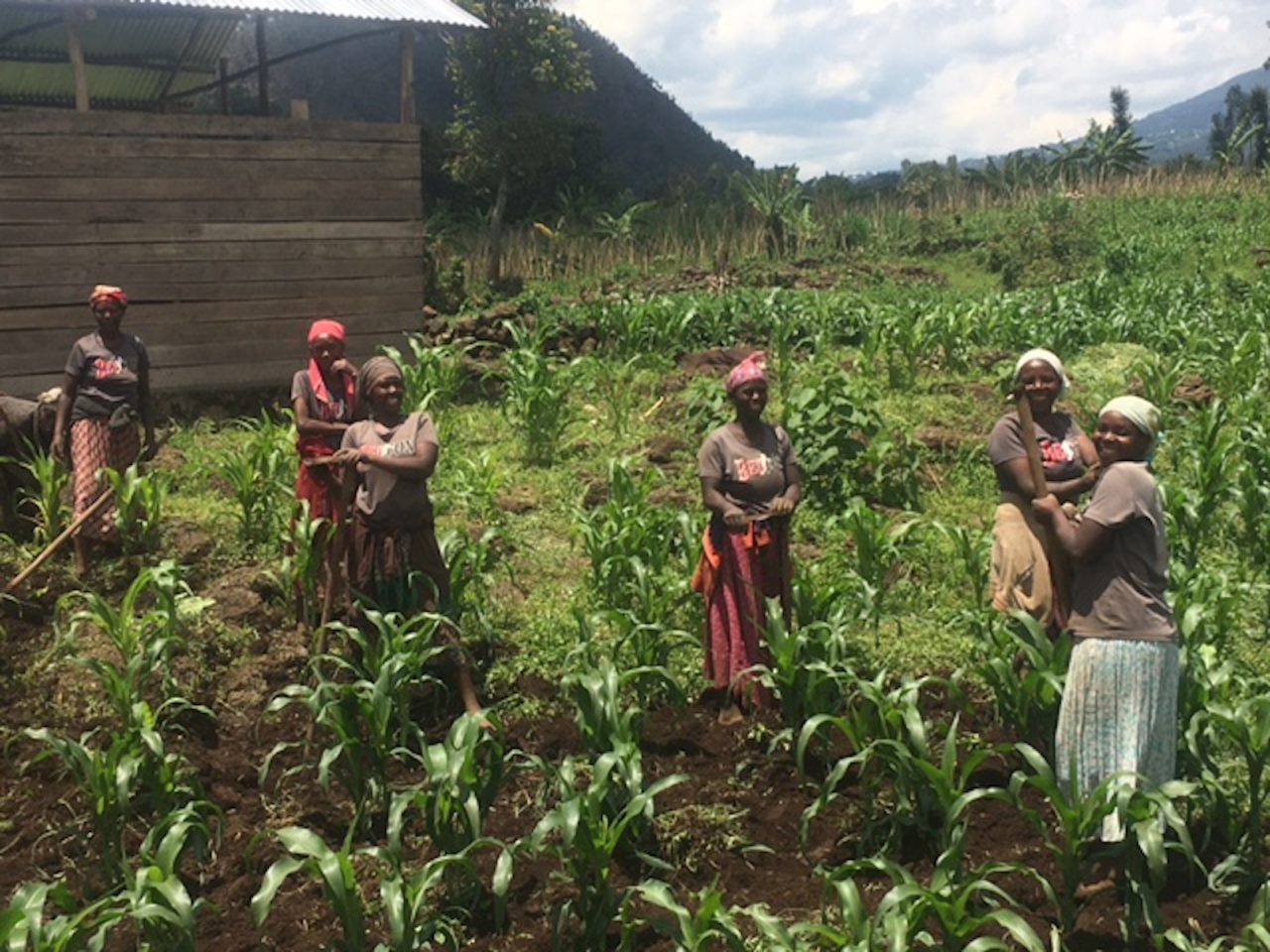In October, the Cyimbili Coffee Plantation Project implemented an outreach program in response to the malnutrition problem in the community. Nearly 67% of the country’s population suffers from malnutrition and many of the families in the community are unable to access adequate food supplies. As a result of COVID-19, many families do not have seeds to plant because they consumed the seeds during the lockdown period. The program that was implemented around the coffee plantation provided vegetable seeds to the community members so that they would have seeds to start planting vegetables again.
Rwanda: The Cyimbili Coffee Plantation Project
- Home
- Rwanda: The Cyimbili Coffee Plantation Project
Follow Us
Contact Us
About US
Our Work
Where We Work























